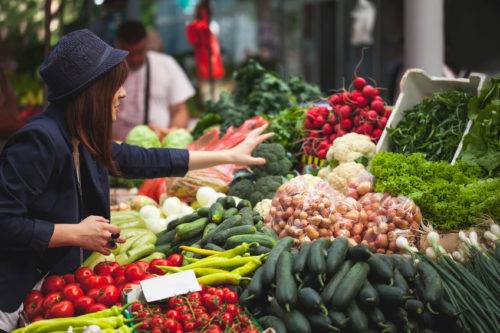While many smart city initiatives focus on modernizing infrastructure, citizens still must eat food largely produced in archaic and unsustainable ways.
An article in the Business Standard discussed the smart city food paradox with Saahil Parekh, co-founder of Khetify, an organization promoting urban farming in India.
“The idea of smart cities is incomplete without smart food,” he says. “Agriculture should become a permanent part of the urban system.”
Parekh sees a sad irony in how citizens of modern megacities becoming more connected via technology, but increasingly disconnected with farming and what they eat.
“We no longer care about where our fruits and vegetables are coming from, understanding how to identify the good ones from the bad, and their nutrition value,” he says. “Our only criterion is how cheap, and the presence of pesticides or other harmful chemicals doesn’t even play on our minds.”
Urban farming needs to support to scale
While Parekh says that it is a positive sign that some individual citizens are farming their own produce on rooftops, government support is required if urban agriculture can successfully scale up.
“What is really required is a push from urban municipalities to introduce urban farming as a social policy and to integrate urban agriculture as an integral part of urban planning and design,” he said.
Smart cities look to boost energy efficiency and sustainability by enabling local production says Parekh.
“The idea behind decentralized energy production, and the consequent importance of roof-top solar projects, is important to a smart city because it enables localized production of the electricity required to power its economy,” he said. “Energy is produced where it is consumed, and that makes it inherently sustainable.
“Let’s put the sustainability spotlight on food production. Just like energy, food should be grown where it is consumed.”
He added that the massive inefficiencies and costs related to long-distance food delivery cast a large cloud of the sustainable smart cities of the future.
One recent study found that the amount of fossil fuel energy expended in the transportation of one cauliflower from the farm to a city dinner table is 36 times greater than the energy that vegetable provided to the human body.


















